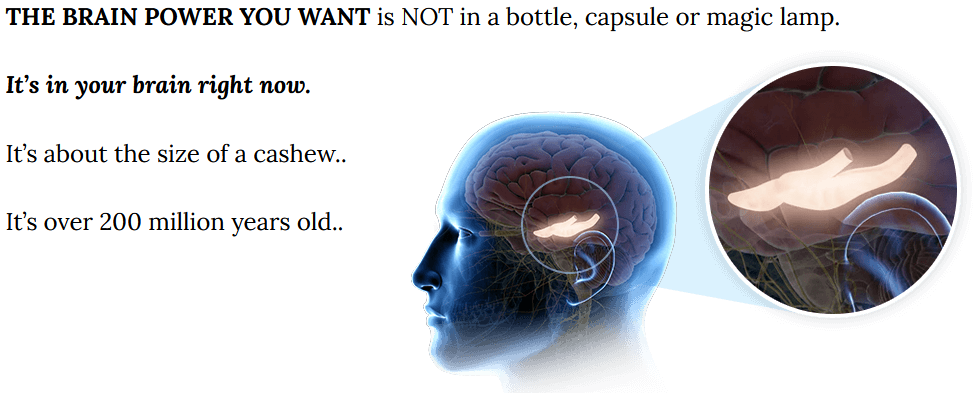Getting a good night’s sleep is essential for maintaining overall health and well-being. However, with the increasing demands of modern life, many people struggle with sleep disturbances, insomnia, or poor sleep quality. While there are various treatments available, from medication to lifestyle changes, soundwave therapy has emerged as a natural and non-invasive approach to improving sleep. But how does it work, and can it truly help you achieve a restful night?
How Does Soundwave Therapy Improve Sleep?
Soundwave therapy helps improve sleep by influencing brainwave activity. The brain operates at different frequencies depending on the state of consciousness. For instance, beta waves are associated with active thinking and problem-solving, while alpha waves are linked to relaxation and calmness. Theta and delta waves are associated with deeper states of relaxation and sleep.
When you’re struggling to fall asleep, your brain is often stuck in beta waves, making it difficult to unwind. Soundwave therapy can help entrain the brain to move into slower alpha, theta, or delta waves, promoting a natural transition to sleep. This process, known as brainwave entrainment, helps reduce anxiety and stress, which are common culprits of poor sleep.
Additionally, soundwave therapy has been shown to lower cortisol levels—the stress hormone that can interfere with sleep. By reducing cortisol and inducing a state of deep relaxation, soundwave therapy can help you fall asleep faster and enjoy a more restful, uninterrupted sleep.
Benefits and Considerations
One of the significant benefits of soundwave therapy for sleep improvement is its non-invasive nature. Unlike medications that can have side effects or lead to dependency, soundwave therapy offers a natural way to enhance sleep without negative repercussions. It is also easy to incorporate into a daily routine, whether through professional therapy sessions or at-home practices using sound recordings designed for sleep enhancement.
However, while soundwave therapy is generally safe, it’s important to approach it as part of a holistic sleep improvement plan. Combining it with good sleep hygiene practices, such as maintaining a regular sleep schedule, creating a relaxing bedtime routine, and limiting exposure to screens before bed, can maximize its effectiveness.
